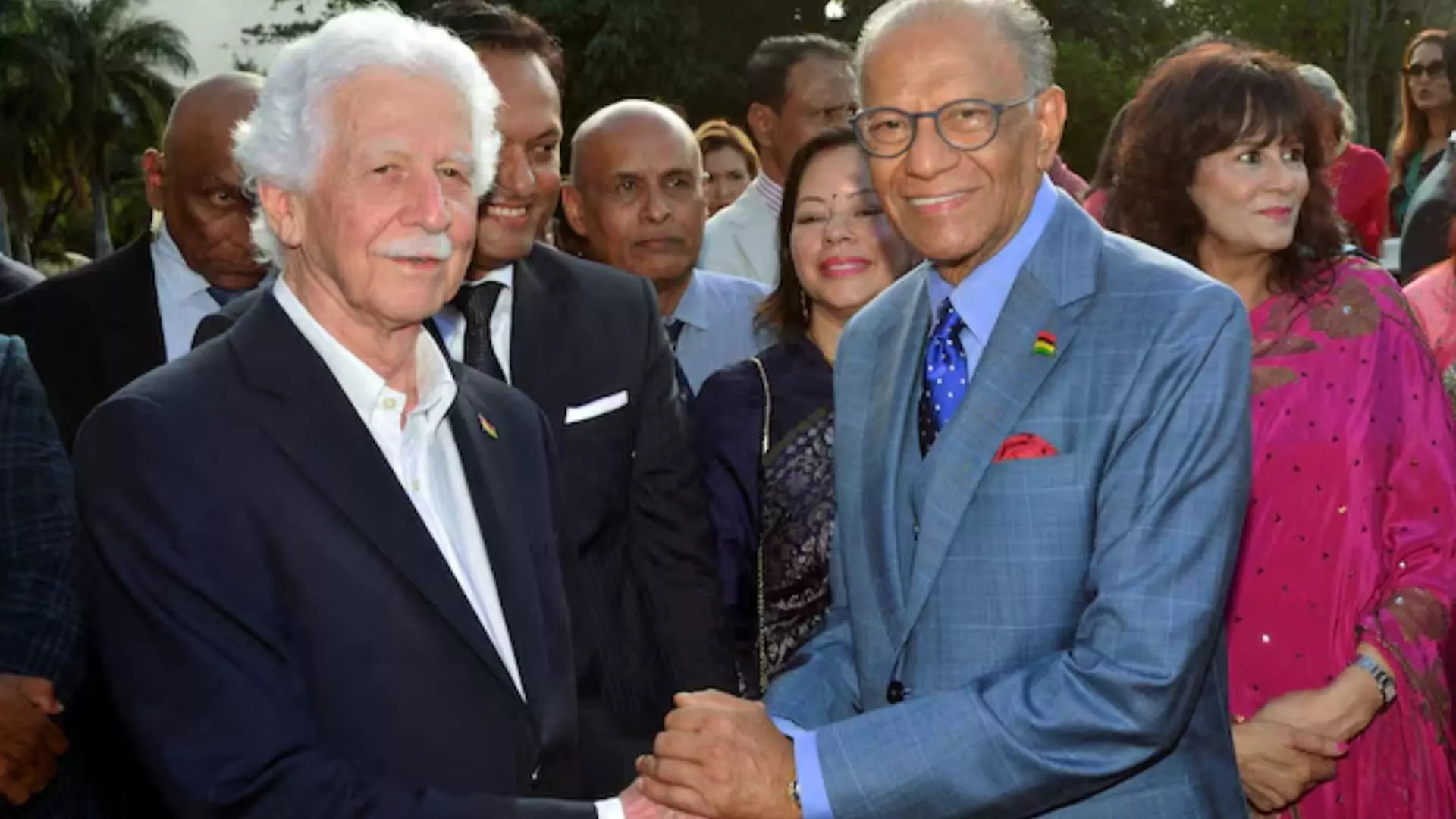Karnataka Chief Minister Siddaramaiah provided assurance to the state assembly that temples located on Waqf properties would not be removed. He further clarified that any eviction notices previously issued to such temples would be withdrawn.
Heated discussion on the controversy
This statement was made amid a heated discussion on the controversy surrounding eviction notices issued by the Waqf Board to various entities, including farmers and temples. BZ Zameer Ahmed Khan, the Minister for Waqf and Minority Affairs, also backed the Chief Minister’s assurance, emphasizing that no farmer or temple would face eviction.
The issue prompted sharp criticism from BJP legislators. Leader of the Opposition, R. Ashoka, highlighted the concerns of 110 Kuruba families in Mysuru, Siddaramaiah’s home district, who were affected by the eviction notices. BJP leader Araga Jnanendra demanded that properties listed as Waqf in government records be officially delisted.
Defending Waqf properties
In response to these criticisms, Karnataka Chief Minister Siddaramaiah stressed the importance of protecting Waqf properties, pointing out that Karnataka once had 1.10 lakh acres of Waqf land, which has now dwindled to just 20,000 acres due to legal provisions and encroachments. Minister Khan further addressed the BJP’s criticism, recalling the party’s 2014 manifesto pledge to remove encroachments on Waqf land.
Amid escalating tensions, Karnataka Chief Minister Siddaramaiah accused the BJP of politicizing the issue, particularly with reference to a march led by Vijayapura BJP MLA Basanagouda Patil Yatnal. The Chief Minister also brought up the BJP’s recent defeats in Karnataka bypolls as a counterpoint to the party’s communal accusations.
BJP Stages Walkout
Unmoved by the government’s explanations and Karnataka Chief Minister’s assurance, BJP members staged a walkout from the session, signaling their continued dissatisfaction with the government’s handling of the matter.

















